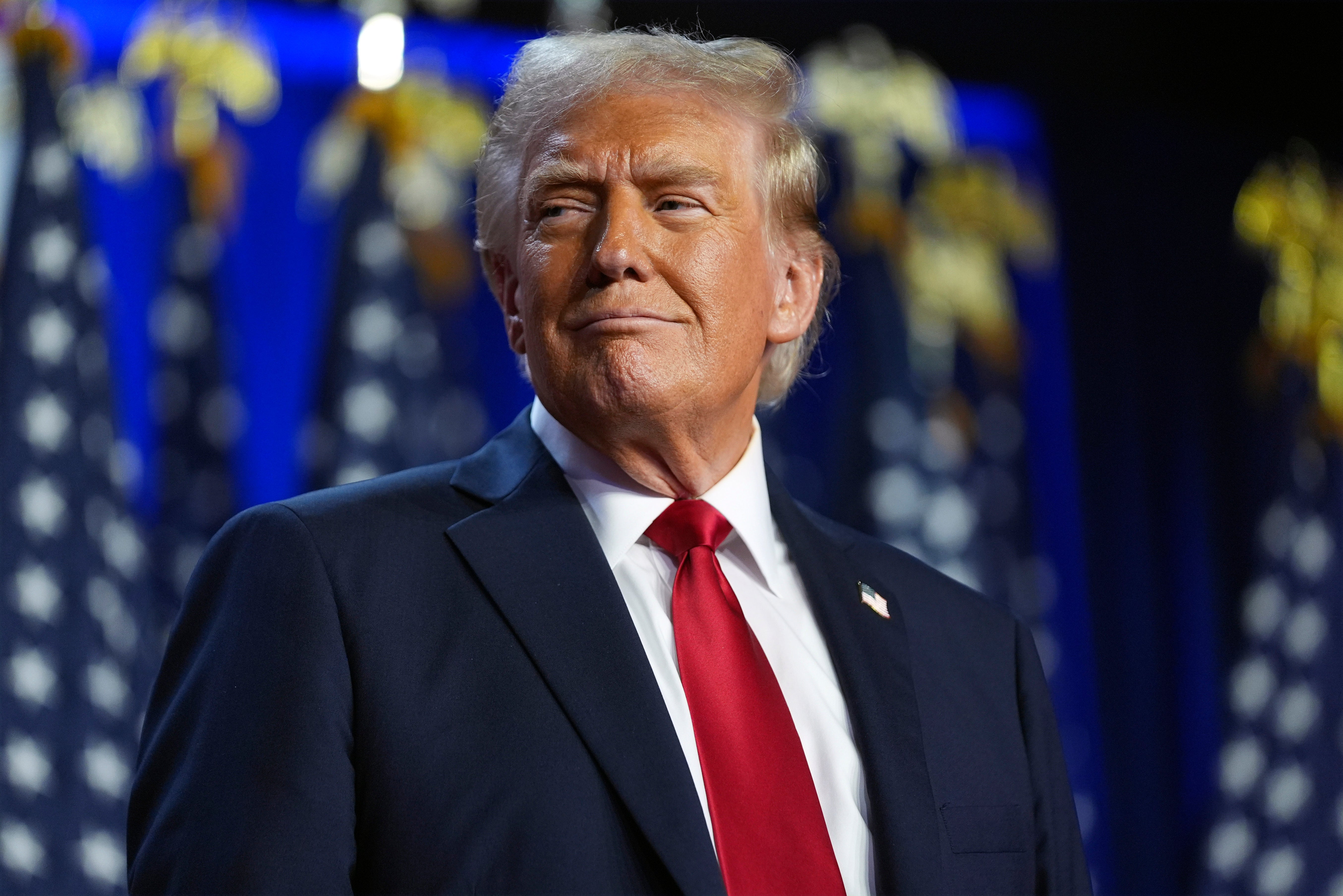Retailers are already preparing for Trump’s tariffs that threaten to upend the economy
‘The adoption of across-the-board tariffs on consumer goods and other non-strategic imports amounts to a tax on American families,’ the CEO of the National Retail Federation warned
Donald Trump has proposed tariffs on all imports — and shoppers could soon face steep prices, a retail trade association warned.
On the campaign trail, Trump — now the president-elect — proposed adding a tariff of 10 to 20 percent on all imports — and a 60 to 100 percent tariff on imports from China specifically.
These tariffs would put a significant burden on shoppers, according to the National Retail Federation (NRF) CEO Matthew Shay.
“The adoption of across-the-board tariffs on consumer goods and other non-strategic imports amounts to a tax on American families,” Shay told Fox Business. “It will drive inflation and price increases and will result in job losses.”
American consumers could lose between $46 billion and $78 billion in spending power each year if the president-elect’s proposals are implemented, a study this week from the NRF shows.
“A growing body of economic research concludes tariffs would have a net negative impact on the United States, with results ranging up to $7,600 in additional costs annually per household,” the study reads.

In a statement, NRF Vice President of Supply Chain and Customs Policy Jonathan Gold explained: “A tariff is a tax paid by the U.S. importer, not a foreign country or the exporter. This tax ultimately comes out of consumers’ pockets through higher prices.”
The study by NRF, which calls itself the world’s largest retail trade association, estimated the costs of apparel after the tariffs, with an $100 coat rising to between $112 and $121. A $26 board game would cost between $34 and $39, and a $40 toaster would cost between $48 and $52, according to the association.
“So, while the increases in dollar terms may seem inconsequential, they are not for lower-income families already struggling to make ends meet,” the trade group wrote.
“The proposed tariffs would have a significant and detrimental impact on the costs of a wide range of consumer products sold in the United States, particularly on products where China is the major supplier,” it continued.
The retail industry is ready to work with the Trump administration and members of Congress to implement policies aimed to “make America more competitive, increase domestic investment and create jobs,” Shay told Fox Business.
“Inflation was clearly a motivating factor” in the election, Brian Dodge, president of the Retail Industry Leaders Association told the outlet. “Policymakers should hear their concerns loud and clear as debates on taxes and tariffs take center stage.”
“Retailers are hopeful the incoming Trump Administration and Congress take a strategic approach to international trade, with policies that shield families from higher prices on consumer goods,” he added.
Tara Sinclair, a Professor of Economics at George Washington University, previously told told The Independent that costs associated with tarriffs would be passed on to consumers in the U.S.
“Tariffs would likely be a higher tax on consumers – U.S. consumers,” Sinclair said. “This idea that those tariffs would somehow be magically paid by the foreign companies and wouldn’t be passed through American consumers does not seem to stand out empircally in the data.”
Join our commenting forum
Join thought-provoking conversations, follow other Independent readers and see their replies
Comments
Bookmark popover
Removed from bookmarks